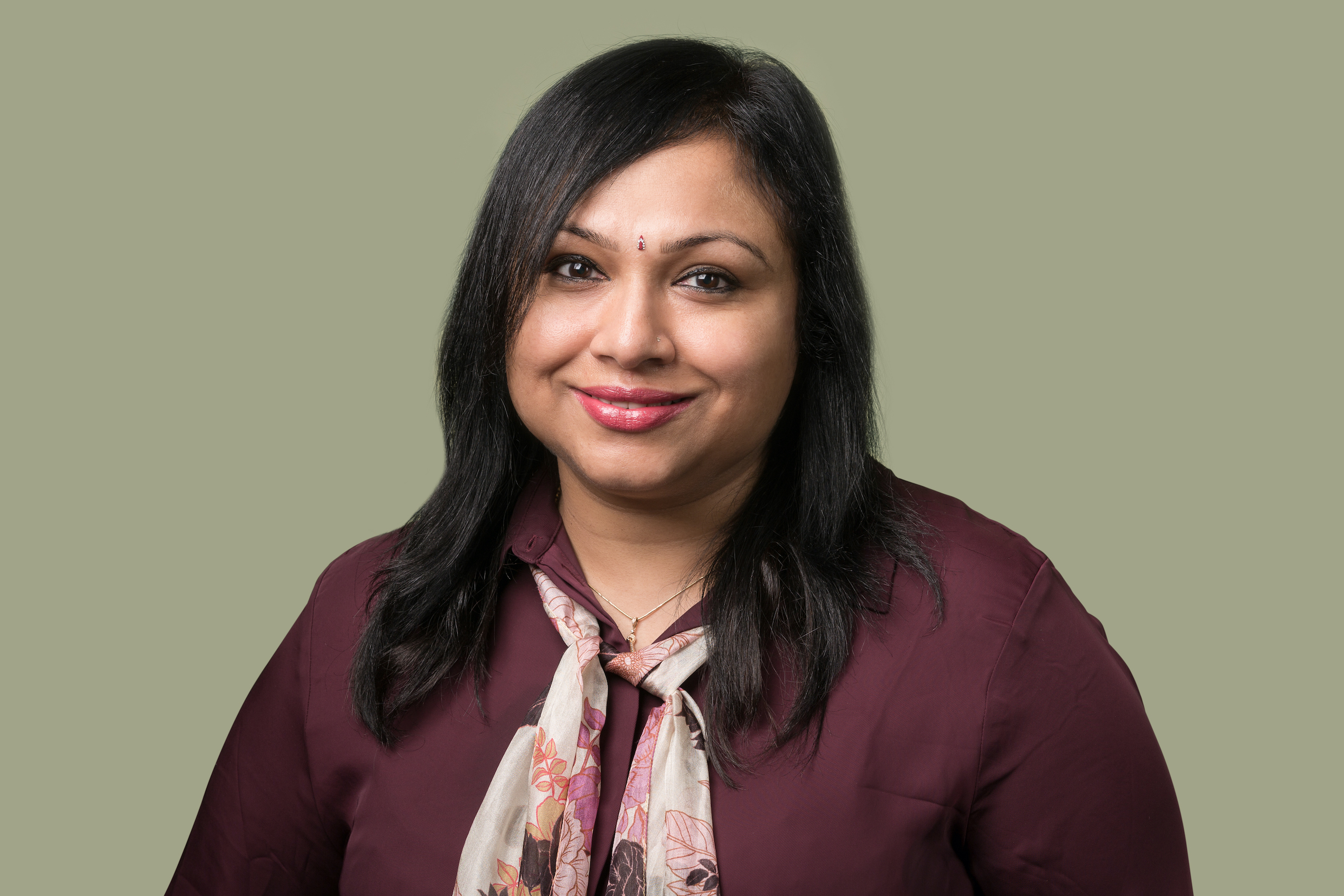Medcare Gynaecologist, Dr Shiva Harikirshnan, discusses Ovarian Cancer for September’s Awareness Month

Dr Shiva Harikirshnan, a Senior Consultant Gynaecologist at Medcare Women and Children Hospital shares some interesting facts, symptoms and treatment for Ovarian Cancer below.
The average age that Ovarian Cancer develops in women is usually between 55 and 65 years of age and the risk increases as a women ages. According to recent statistics, Middle Eastern cases of Ovarian Cancer are relatively low with Bahrain having a 7.4 infection rate per 100,000 women, Qatar and Kuwait an infection rate of 6 per 100,000 and the UAE just 4.4 cases per 100,000. Ovarian Cancer is considered a genetic cancer with the risk increasing dramatically if one’s mother, sister or daughter has or had ovarian cancer. Those with a family history of breast, colon or bowel cancers are also at a higher risk of getting Ovarian Cancer.
Dr Shiva discusses the symptoms of Ovarian Cancer which can often go unnoticed. These include:
· Feeling constantly bloated
· Discomfort and swelling in your stomach and pelvic region
· Feeling full unusually quickly while eating or experiencing a loss of appetite
· Unintentional Weight loss
· Urinary urgency or frequency
If a woman does develop Ovarian Cancer, she may need surgery to remove her ovaries, as well as, potentially, her uterus, lymphnodes and bowel fat. In addition to this, she will probably need to start chemotherapy and radiotherapy too.
Dr Shiva recommends that women start getting pap smears from the age of 21 years old and should continue to do so every 2-3 years. She also suggests that women do an annual transvaginal ultrasonography of the pelvis to rule out any pathology of the uterus and ovaries as well as to do an ultrasonography of the breasts every year. For women older than 40 years old, they should be getting a mammogram every 3-4 years, or more frequently if she has a family history of breast cancer, as well as an annual ultrasound of the breasts.
To book your appointment Dr Shiva Harikirshnan, Senior Consultant Gynaecologist at Medcare Women and Children Hospital, visit medcare.ae.









